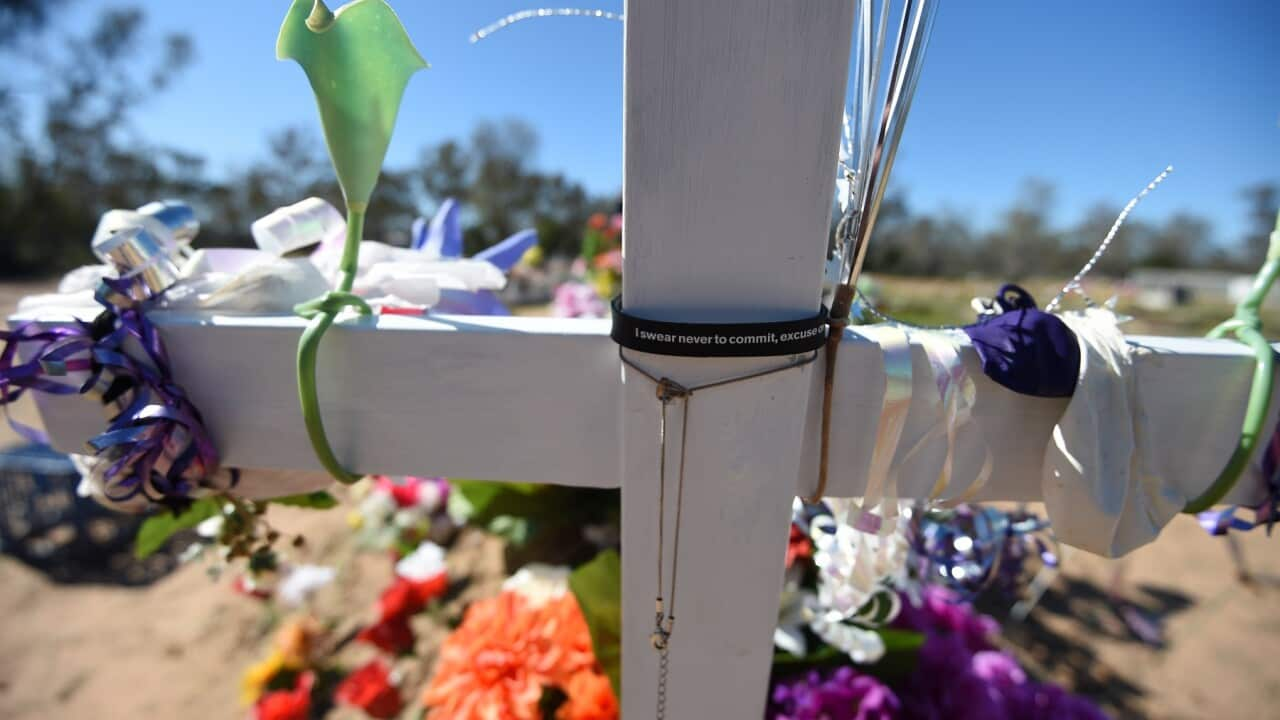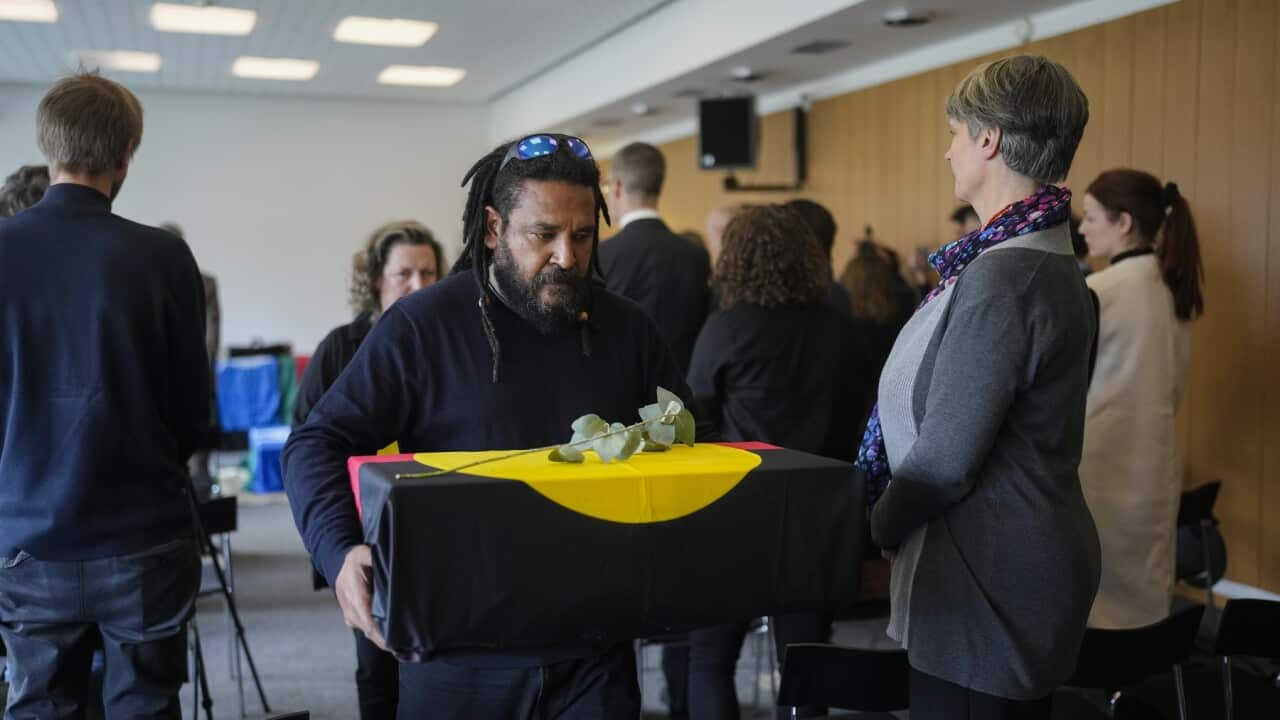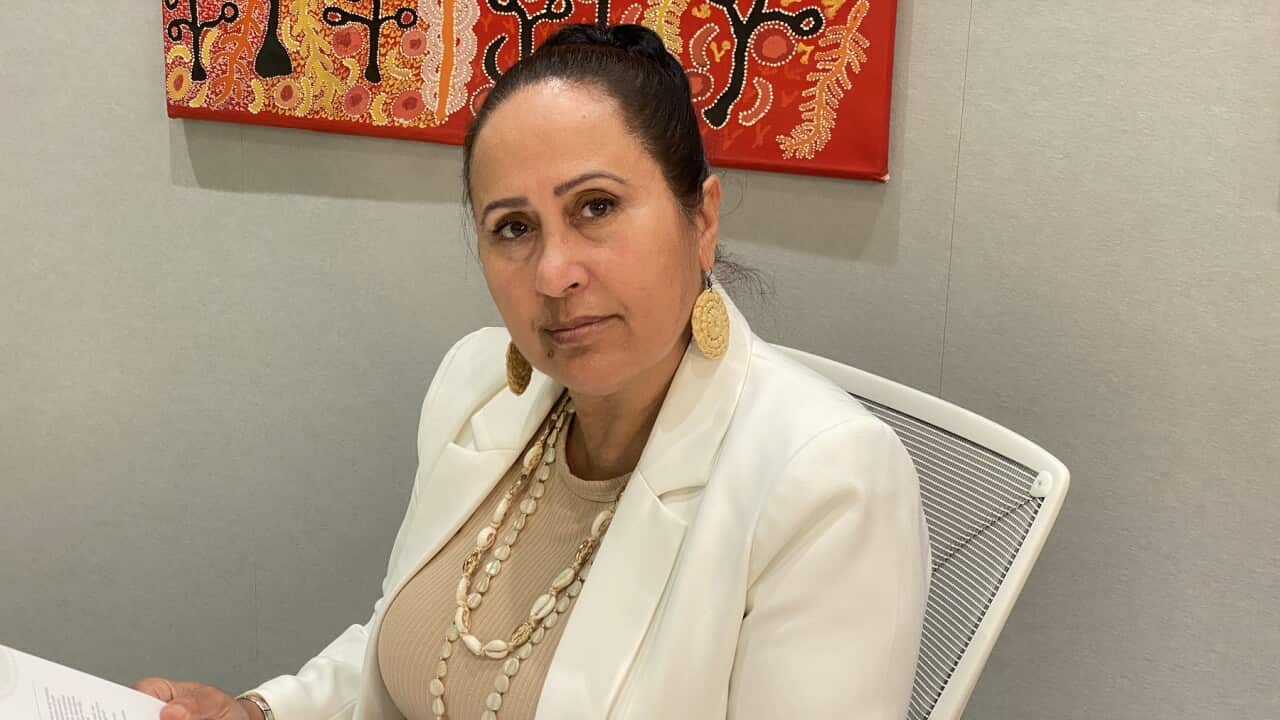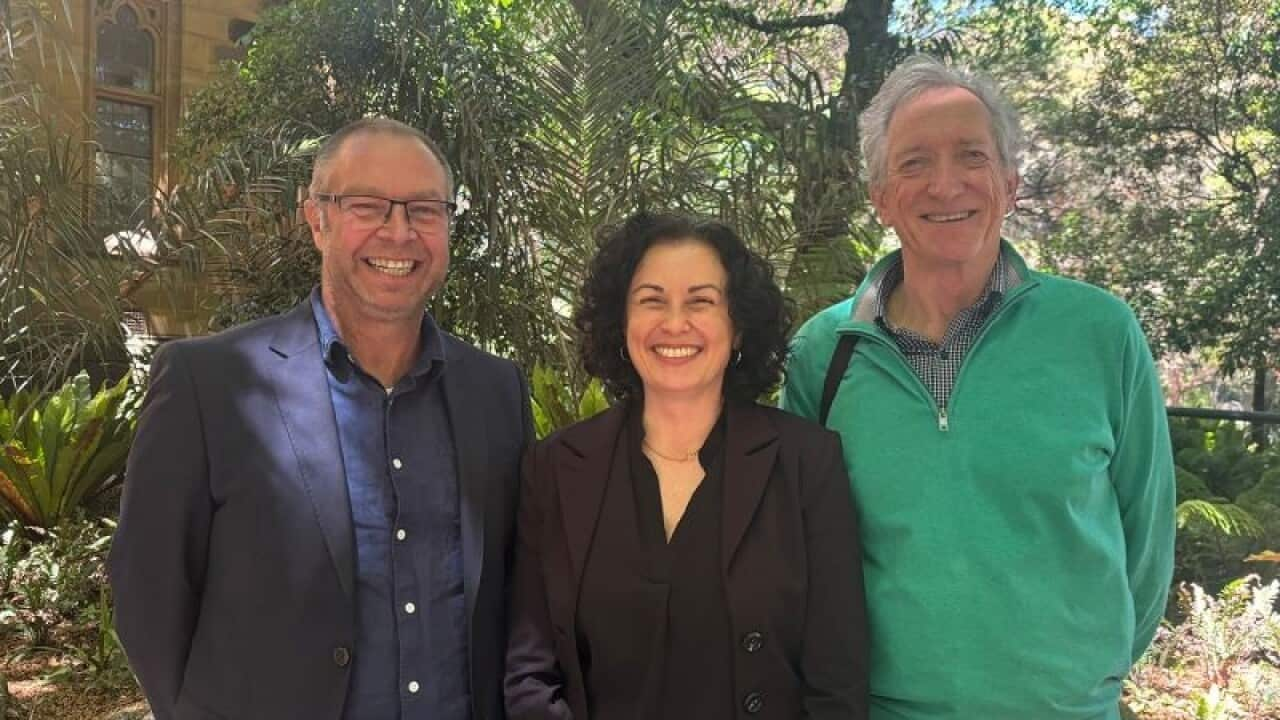TRANSCRIPT:
It's been one of the most comprehensive probes into domestic violence in the Northern Territory's history.
For the past 18 months, Northern Territory Coroner Elisabeth Armitage has heard from 95 witnesses, examining the deaths of four Aboriginal women who were killed by their partners.
"Each death examined in this inquest was preceded by years, decades even of other acts of harassment, control and violence. In the territory, the rates of reported domestic violence are more than three times the national average, and less than 10 per cent of all incidents of domestic violence are ever reported to the police."
The statistics the coroner uncovered are staggering.
There have been 87 deaths since 2000 - 82 of them First Nations women – and nine in the past year alone.
The rates of reported domestic violence are three times the national average – yet only ten per cent are reported to the police.
The Coroner says 80 per cent of police callouts involve intimate partner violence.
"Not only is the violence more relentless in the Territory, it is more vicious. More weapons are used, and the injuries inflicted in victims result in high rate of hospitalisation. Domestic and family violence is present in our homes, on our streets, in our shopping centres and parks, on our beaches, and at our bus stops."
The Coroner has made 35 recommendations to combat domestic violence in the Territory, including a significant funding boost to domestic, family and sexual violence services, frontline emergency service responses, and women's shelters.
The Top End's police commissioner Michael Murphy - who came to a Darwin court with the family of Ngeygo Ragurrk to see the findings handed down - says services currently are overstretched and under-resourced.
"The other thing the coroner said today too was about the ability of someone to pick up the phone in the time of crisis and speak to someone who can actually understand them, and know they can be supported."
He says some positive changes have already been made.
"There's a programme underway at the moment where there is going to be 25 language speakers in the joint emergency centre which will help people in their language - and English won't be their first language. Speak to someone who can understand them and get resources to them as quick as we can."
But there is still a long way to go.
Another recommendation of the coroner was for a peak body to represent the represent and advocate for the Northern Territory in national settings.
Micaela Cronin is the country's domestic, family and sexual violence commissioner.
"Given the level of domestic family and sexual violence in the Territory, it is critical that Peak Body gets stood up quickly. Peak bodies enable the sector and the community to come together and speak as one and share their learning and to identify where there are gaps and to plan collectively and collaboratively how to roll out and reform the change."
But the Coroner has also pointed out the resources for offenders are almost impossible to access.
Judge Armitage says prison programs and those available to young men who perpetrate violence were either inadequate or not even in existence.
The Northern Territory Minister for the Prevention of Domestic Violence is Robyn Cahill.
She says the Territory government will be looking very closely at the findings of this inquiry.
"I think one of the key areas is that we're focusing often on the outcomes of the behaviour. And what I would like to do is to turn things around and focus on why these things are happening. What I can guarantee is that we will very closely review those findings. We will discuss them across the Territory. We will look at how we can improve on what has been happening."
The Minister says serious consideration will be given as to what can be done differently to help women and prevent violence.
The Northern Territory government has already committed 180 million dollars over the next five years to improving domestic violence services.
When asked if that figure is enough, the Minister has said the first step is to identify the issues.
"I think we have to first identify what's working, we have to identify what's not working. We need to make sure the money we are spending is being spent in the right place. And then we absolutely have to maximise the available funding to get the best results possible."
But Elizabeth Armitage says that money - and her other recommendations - need to be released and addressed without delay.
"I have made 35 recommendations, and I don't think any of them are radical. None of them are new. They all build on and are informed by the work that's already being done, by our academic experts, the managers of frontline working every day in the domestic violence sector, the police, health, territory and families correction executives and workers."
The Coroner has put services and the NT government on notice, declaring another inquest into the death of more women killed by domestic violence beginning in August 2025.
She says another inquiry is necessary to address the scourge of violence that's become a national disgrace.
In the meantime, for Ms Armitage, the frontline workers and the families of victims, this inquiry has taken its toll - especially for the four victims who she says have been remembered as always smiling and laughing, who lived lives steeped in kinship and culture.
"In handing down these findings, I will remember them that way too."
Support services for those affected by domestic violence are available, including 1800RESPECT (1800 737 732) and Lifeline (13 11 14).













